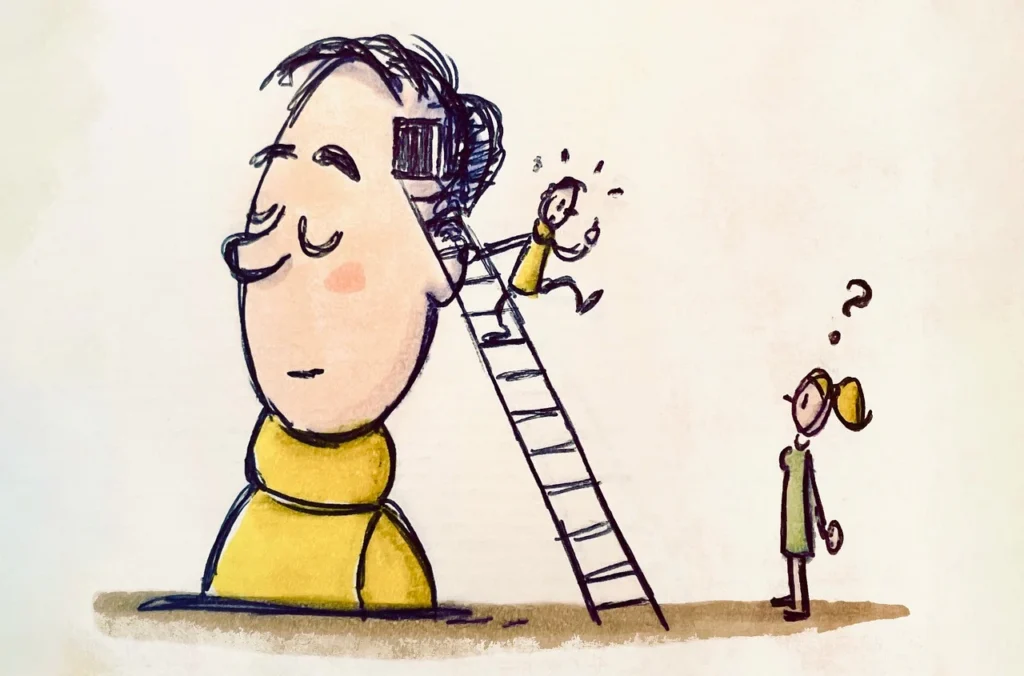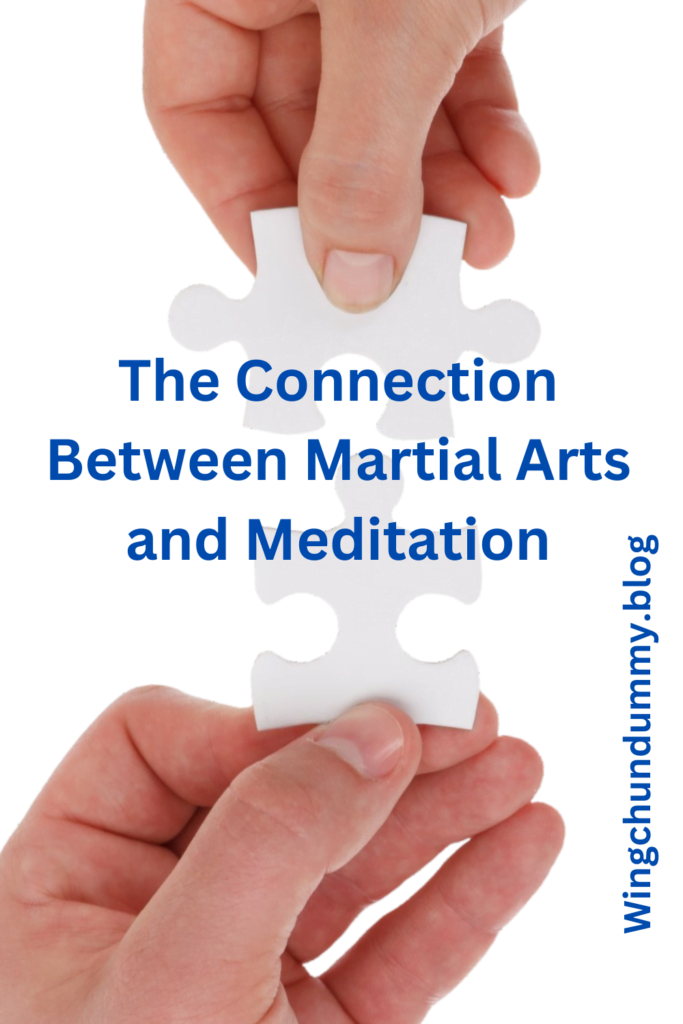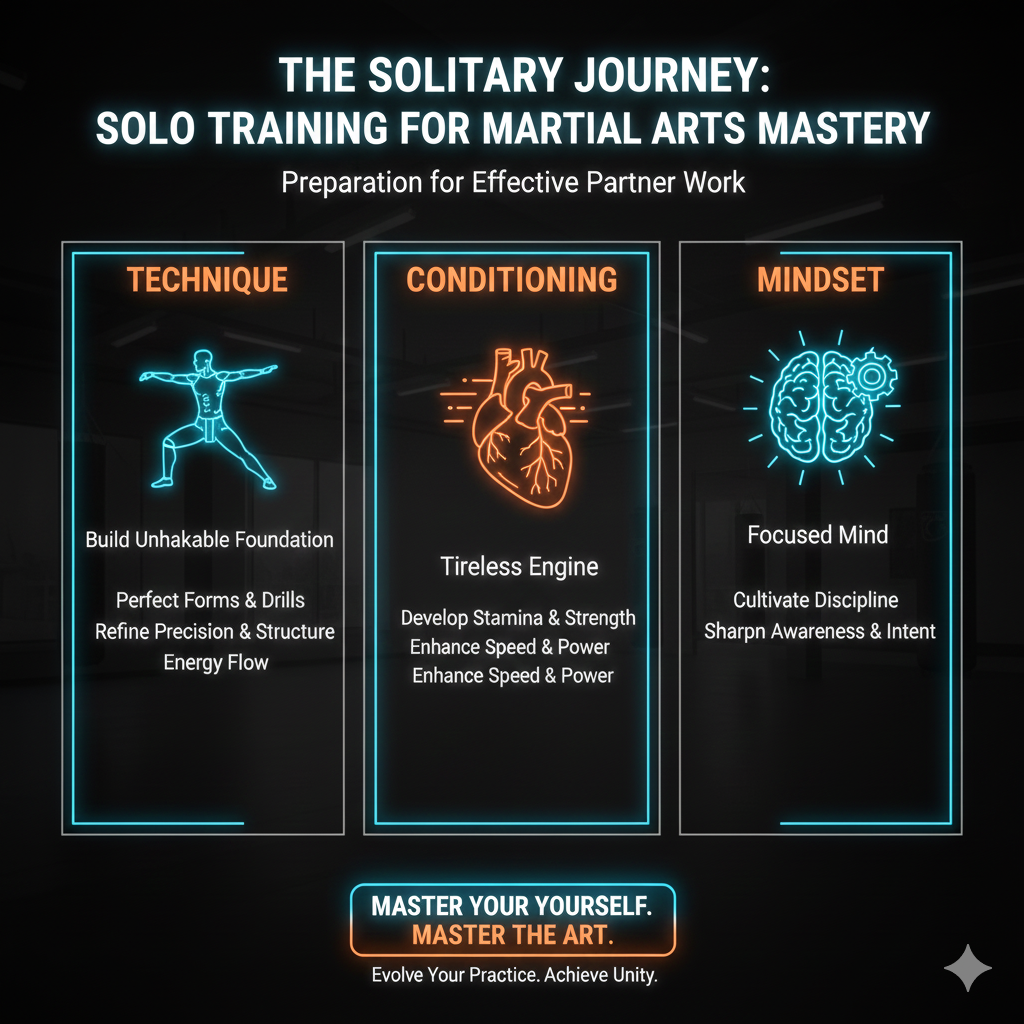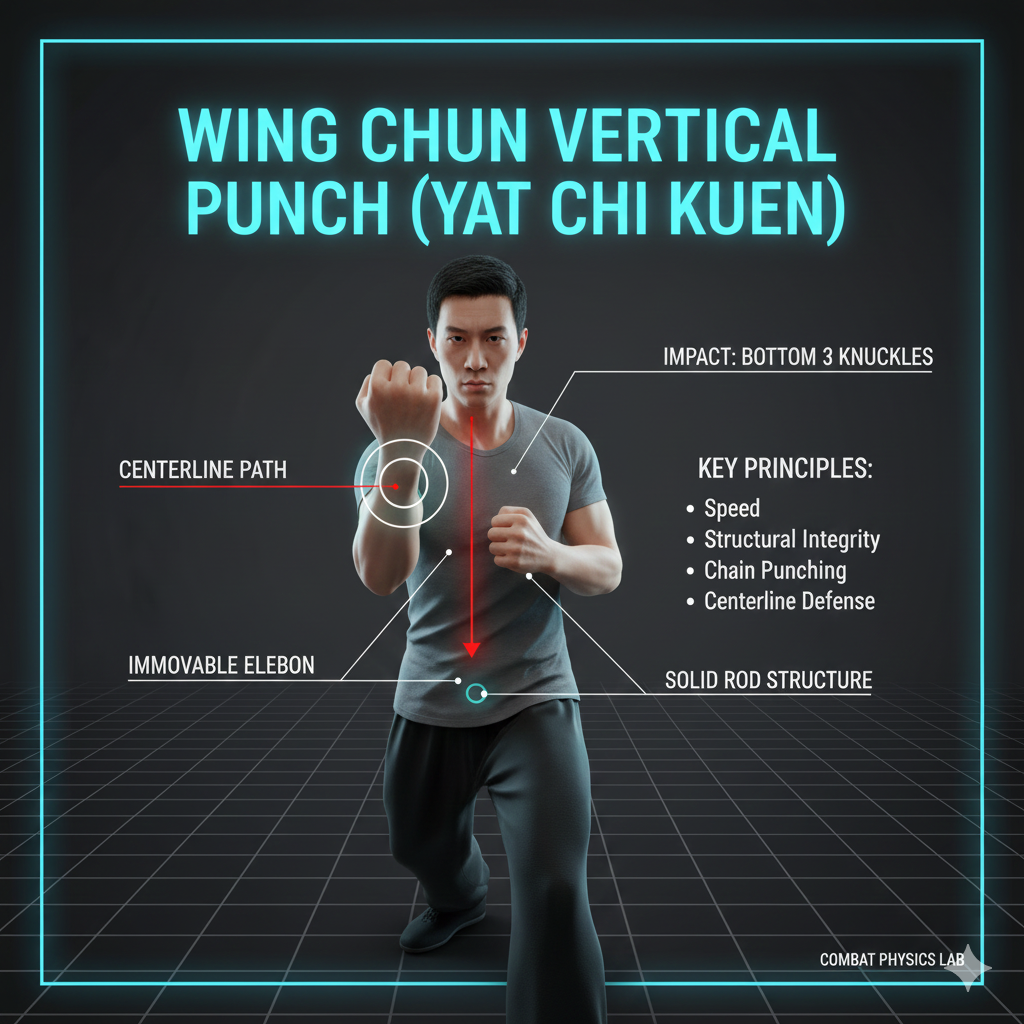Martial arts and meditation, though distinct in their practices, share a profound connection rooted in ancient traditions.
Martial arts, originating from various cultures such as China, Japan, and Korea, encompass a wide range of combat practices and self-defense techniques.
The core principles of martial arts revolve around discipline, respect, and the mastery of both physical and mental strength.
Popular forms include Karate, Taekwondo, Kung Fu, and Judo, each with its unique set of techniques and philosophies.
Meditation, on the other hand, is a spiritual and mental exercise designed to cultivate mindfulness, focus, and inner peace.
Its origins can be traced back to ancient India, where it was practiced as a part of religious traditions such as Hinduism and Buddhism.
Over time, meditation has evolved into various forms, including mindfulness meditation, transcendental meditation, and Zen meditation.
The primary goal of meditation is to achieve a state of mental clarity and emotional calmness.
The intersection of martial arts and meditation lies in their shared emphasis on mental discipline and inner balance.
Martial artists often incorporate meditation into their training routines to enhance concentration, reduce stress, and improve overall mental well-being.
Similarly, meditation practitioners may engage in martial arts to foster physical strength and resilience.
This synergy allows individuals to cultivate a harmonious balance between mind and body, leading to a more holistic approach to personal development.
Understanding the historical backgrounds and fundamental concepts of martial arts and meditation sets the stage for exploring their interconnection.
By delving into these practices, individuals can gain insights into how the integration of physical and mental disciplines can lead to a more balanced and fulfilling life.

The Philosophy Behind Martial Arts
Martial arts is often perceived solely as a physical endeavor focused on combat techniques and self-defense.
However, the true essence of martial arts transcends physical prowess, embedding itself deeply in rich philosophical traditions.
Core principles such as discipline, respect, and self-improvement form the foundation upon which various martial arts styles are built.
These principles are not only vital for mastering martial arts techniques but also for fostering personal growth and mental resilience.
Discipline in martial arts is more than just rigorous training; it is a way of life.
Practitioners learn to commit to their practice, maintaining consistency and perseverance even in the face of challenges.
This discipline extends beyond the dojo, influencing other aspects of life such as work ethic, time management, and personal goals.
The disciplined mindset cultivated through martial arts practice enables individuals to approach obstacles with determination and patience.
Respect is another cornerstone of martial arts philosophy.
Respect for one’s instructor, fellow practitioners, and even opponents is deeply ingrained in the training culture.
This respect fosters a sense of community and mutual support, essential for collective progress.
Moreover, respect extends to oneself, promoting self-awareness and self-esteem.
By valuing and respecting oneself and others, practitioners create a positive and supportive environment conducive to learning and growth.
Self-improvement is an ongoing journey in martial arts.
The pursuit of mastery involves continuous learning and refinement of techniques.
This relentless quest for betterment encourages practitioners to set and achieve personal milestones, fostering a growth mindset.
The challenges faced and overcome during training sessions build mental fortitude, preparing individuals to handle life’s adversities with composure and resilience.
Through the lens of martial arts, one can see how these philosophical principles are intricately linked to personal development.
The discipline to persist, the respect to value others, and the drive for self-improvement are qualities that enhance both martial prowess and overall life satisfaction.
By embracing these principles, practitioners can harness the full potential of martial arts, achieving harmony between physical capabilities and mental strength.
Meditation in Eastern Martial Arts Traditions
Meditation has been an intrinsic part of Eastern martial arts traditions for centuries, seamlessly interwoven into the fabric of disciplines such as Kung Fu, Tai Chi, and Aikido.
These practices not only emphasize physical prowess but also foster mental clarity and emotional stability, creating a holistic approach to martial arts training.
Kung Fu, one of the most well-known martial arts, deeply incorporates meditation, particularly through practices derived from Zen Buddhism.
Zazen, or seated meditation, is a cornerstone of Zen practice and is often utilized by Kung Fu practitioners to cultivate a state of focused awareness.
By sitting in stillness and observing the breath, practitioners develop a heightened sense of presence and mental fortitude, which are crucial during combat and training.
Similarly, Tai Chi, often referred to as “meditation in motion,” integrates meditative principles directly into its flowing movements.
The slow, deliberate motions of Tai Chi are designed to synchronize the mind and body, promoting inner peace and relaxation.
Through consistent practice, Tai Chi practitioners are able to maintain a calm and centered mind, even in the face of external stressors.
Aikido, a Japanese martial art, also places significant emphasis on meditation.
The concept of “mushin” or “no mind,” is central to Aikido philosophy, encouraging practitioners to clear their minds of distractions and remain fully present in the moment.
This meditative state allows for fluid and spontaneous responses during training, enhancing both physical and mental agility.
Overall, meditation within these Eastern martial arts traditions serves as a powerful tool for developing focus, clarity, and inner peace.
By integrating meditation into their training regimens, martial artists are able to achieve a harmonious balance between mind and body, ultimately enhancing their overall performance and well-being.
Mental Benefits of Combining Martial Arts and Meditation
The integration of martial arts and meditation offers a myriad of mental benefits, enhancing both practices’ effectiveness.
One of the foremost advantages is the improvement in concentration.
Martial artists often need to maintain high levels of focus during training and competitions.

Incorporating meditation into their routine helps sharpen this focus, enabling them to stay present and attentive, which is crucial during intricate techniques and sparring sessions.
Stress reduction is another significant benefit of combining these practices.
The physical demands of martial arts can be intense, often leading to heightened stress levels.
Meditation serves as a calming counterbalance, promoting relaxation and mental clarity.
This dual approach helps practitioners manage stress more effectively, leading to a more balanced and serene mindset.
Emotional regulation is also greatly enhanced through the integration of meditation with martial arts.
The discipline required in martial arts naturally encourages self-control and emotional stability.
Meditation reinforces these qualities by fostering a deeper understanding of one’s emotions and reactions.
This synergy helps martial artists stay composed under pressure, both in training and in everyday life.
Heightened awareness is perhaps one of the most profound benefits.
Martial arts require acute awareness of one’s body movements and surroundings.
Meditation complements this by enhancing mindfulness, allowing practitioners to be more in tune with their physical and mental states.
This heightened awareness can lead to improved performance and a deeper connection to the practice.
Many martial artists have attested to these benefits.
For instance, Bruce Lee famously advocated for the integration of meditation into martial arts practice, emphasizing its role in achieving mental clarity and focus.
Contemporary martial artists, like Georges St-Pierre, have also highlighted how meditation has helped them remain calm and focused, both in and out of the ring.
Physical Benefits and Synergies
Combining martial arts and meditation yields numerous physical benefits augmenting the overall effectiveness of each discipline.
One significant advantage is enhanced balance.
Martial arts inherently require a strong sense of balance, which can be further improved through meditation.
Meditation practices, particularly those focusing on body awareness and mindfulness.
help practitioners become more attuned to their physical states, thus enhancing proprioception and stability.
Flexibility is another area where the synergy of martial arts and meditation manifests prominently.
Martial arts often incorporate stretching and dynamic movements.
which can be complemented by meditative practices like yoga or Tai Chi that emphasize controlled breathing and gentle stretching.
This combination not only improves overall flexibility but also reduces the risk of muscle strains and injuries.
Endurance is a critical component of martial arts training. Meditation aids in building endurance by fostering better breath control and mental focus.
Techniques such as diaphragmatic breathing and mindfulness can improve oxygen efficiency and mental resilience, allowing martial artists to train longer and with greater intensity.
A study published in the “Journal of Sports Science and Medicine” highlights that mindfulness meditation can significantly enhance athletic performance and reduce perceived exertion, facilitating sustained physical activity.
Moreover, meditation plays a crucial role in muscle recovery and injury prevention.
The relaxation response induced by meditation can reduce muscle tension and promote faster recovery.
According to a study in the “International Journal of Yoga,” meditation practices can lower stress hormones like cortisol, which are detrimental to muscle recovery and overall immune function.

Additionally, the focused relaxation achieved through meditation can improve sleep quality, an essential factor for muscle repair and recovery.
Incorporating meditation into martial arts practice not only enhances physical capabilities but also provides a holistic approach to training, emphasizing the importance of mental well-being alongside physical prowess.
Case Studies and Personal Stories
Integrating martial arts and meditation has profoundly impacted many individuals, offering a transformative journey that harmonizes physical prowess with mental tranquility.
One such story is that of Jessica Li, a professional mixed martial artist who found solace in meditation after grappling with the intense pressures of competitive sports.
Jessica recounts how incorporating mindfulness techniques into her daily routine helped her manage stress, improve focus, and achieve a zen-like state during her matches.
Her journey highlights the symbiotic relationship between physical discipline and mental clarity, showcasing the holistic benefits of this integration.
Another compelling narrative is that of Mark Thompson, a veteran who struggled with PTSD after returning from service.
He turned to martial arts as a means of physical rehabilitation and discovered meditation through his martial arts instructor.
Mark’s daily practice of Tai Chi and mindful breathing exercises has not only aided in his physical recovery.
but has also provided significant mental and emotional relief.
His story is a testament to how the combined practice of martial arts and meditation can serve as a powerful tool for healing and personal growth.

Then there’s the story of Aisha Patel, a corporate executive who faced chronic anxiety and burnout due to her high-stress job. Aisha began practicing karate and was introduced to meditation as part of her training.
She describes how the meditative aspects of martial arts helped her cultivate a deeper sense of inner peace and resilience.
enabling her to manage work-related stress more effectively.
Aisha’s experience underscores the transformative potential of integrating martial arts and meditation in enhancing overall well-being.
These personal stories illuminate the diverse ways in which martial arts and meditation can complement each other, offering profound mental, emotional, and physical benefits.
They serve as inspiring examples for anyone considering this integrative practice, demonstrating the potential for positive change and personal empowerment.
Practical Tips for Incorporating Meditation into Martial Arts Practice
Integrating meditation into martial arts practice can significantly enhance both mental and physical performance.
For martial artists, establishing a routine that includes meditation can improve focus, reduce stress, and foster a deeper connection with their inner selves.
Here are some practical tips to help you seamlessly blend meditation into your martial arts training regimen.
Start with Mindful Breathing: Begin your meditation practice with simple breathing exercises.
Focus on your breath, inhaling deeply through your nose and exhaling slowly through your mouth.
This technique helps calm the mind and prepares your body for training. Spend 5-10 minutes on mindful breathing before each session.
Set a Regular Schedule: Consistency is key when incorporating meditation into your routine.
Designate a specific time each day for meditation, ideally before or after your martial arts practice.
Starting with just 10-15 minutes can make a significant difference over time.
Use Guided Meditations: For beginners, guided meditations can be particularly helpful.
There are numerous apps and online resources available that offer meditation sessions tailored for martial artists.
These guided practices can provide structure and help you develop a regular meditation habit.
Visualize Your Movements: Incorporate visualization techniques during meditation.
Imagine yourself performing martial arts movements with precision and grace.
This mental rehearsal can enhance muscle memory and boost confidence during actual practice.
Embrace Challenges: It’s common to face challenges such as restlessness or difficulty focusing when starting meditation.
Acknowledge these obstacles and gently bring your focus back to your breath or visualization.
Over time, your ability to concentrate will strengthen.
Create a Dedicated Space: Establish a quiet, comfortable space for meditation.
This area should be free from distractions and conducive to relaxation.
A simple setup with a cushion or mat can make a significant difference in your practice.
By incorporating these practical tips into your martial arts training, you can cultivate a balanced practice that nurtures both the mind and body.
Through regular meditation, martial artists can achieve heightened awareness, improved focus, and a deeper sense of inner peace.
Conclusion: The Harmonious Path of Martial Arts and Meditation
The journey through the intricate relationship between martial arts and meditation reveals a profound synergy that fosters personal growth and holistic well-being.
By integrating meditation into martial arts, practitioners develop enhanced mental clarity, emotional resilience, and a deeper sense of inner peace.
Meditation techniques, such as mindfulness and focused breathing, serve as powerful tools to augment the physical and mental discipline required in martial arts training.
Martial arts, with its structured physical practices, complements the meditative process by providing a dynamic avenue for stress relief, building physical strength, and improving overall health.
The discipline instilled through martial arts can translate into a more profound meditative practice.
as the principles of focus, balance, and controlled movement are shared between the two domains.
Moreover, the philosophical foundations of many martial arts, which often emphasize harmony, respect, and self-awareness, align seamlessly with the objectives of meditation.
Together, these practices offer a comprehensive approach to self-improvement, encouraging practitioners to cultivate both their physical abilities and their mental fortitude.
We encourage readers to explore both martial arts and meditation, discovering how these practices can complement each other in their unique journeys.
Whether one seeks physical health, mental clarity, or emotional balance, the integration of these disciplines can lead to a more harmonious and enriched life.
As a final thought, consider the words of Bruce Lee: “Be water, my friend.”
This metaphor encapsulates the essence of blending martial arts and meditation—adapting, flowing, and finding balance in every aspect of life.



